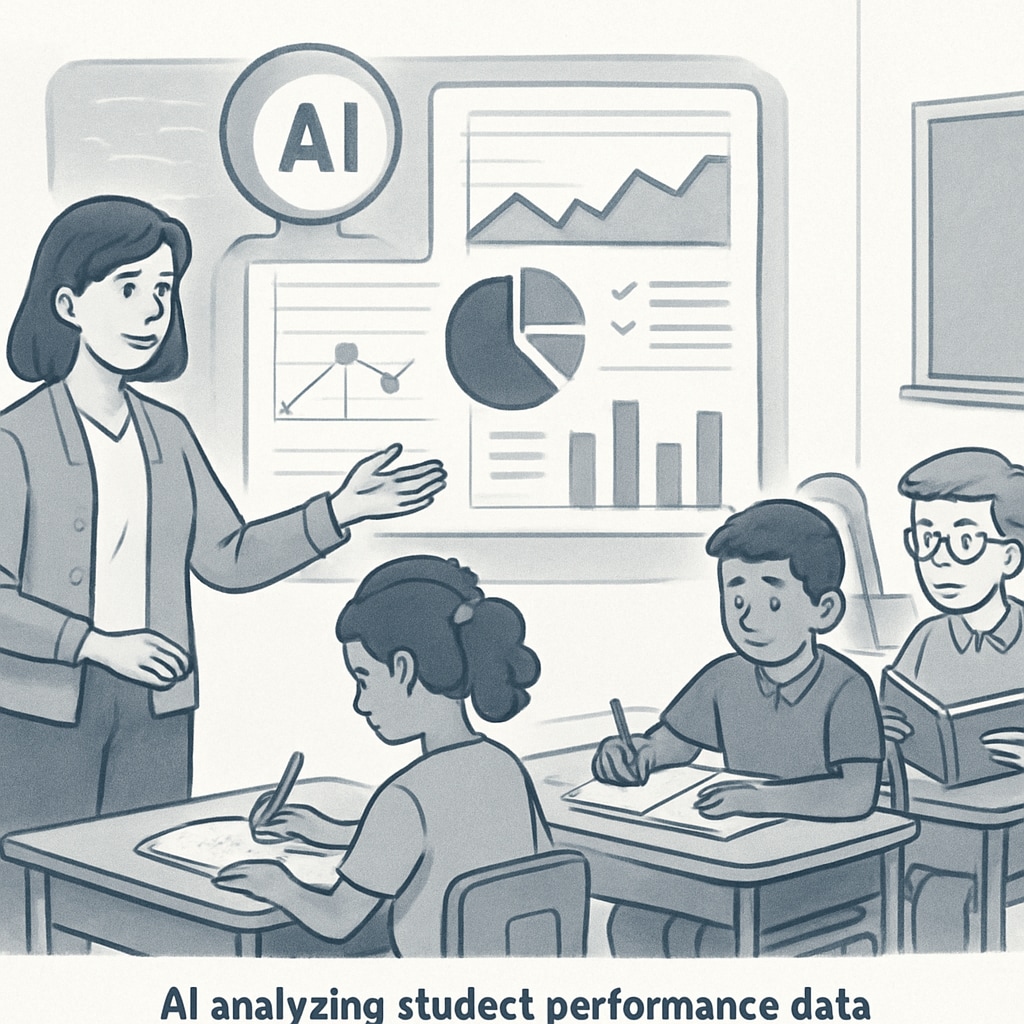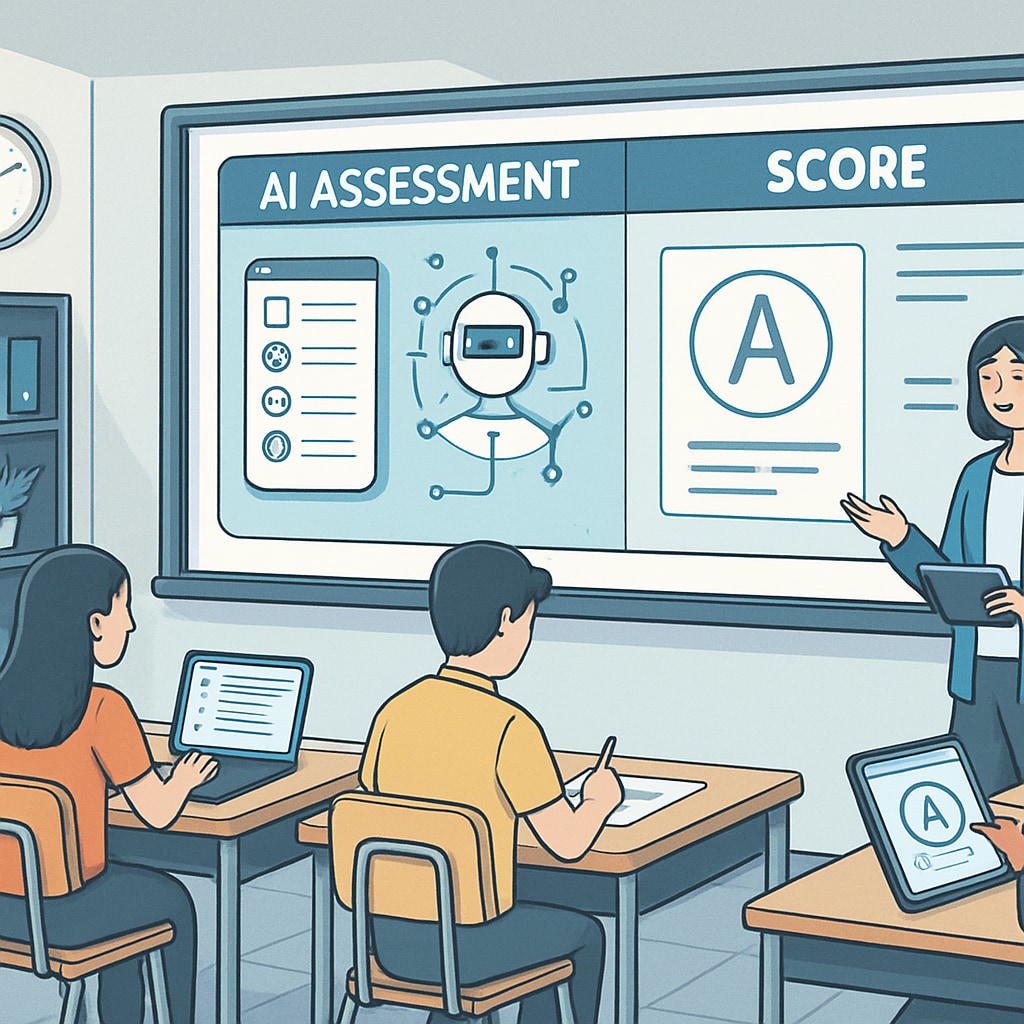Artificial intelligence (AI) is revolutionizing the way we approach school education, bringing profound changes that will shape the future. Over the next 5-10 years, AI will impact schools by enhancing personalized learning, reshaping teachers’ roles, improving assessment methods, redesigning learning spaces, and addressing educational equity. This article explores these pivotal transformations and their implications for K-12 education.
Personalized Learning in the AI Era
One of the most promising applications of AI in education is the ability to offer personalized learning experiences. AI-powered systems can analyze individual students’ learning styles, strengths, and weaknesses to tailor educational content to their needs. For example, platforms like Khan Academy and AI-driven tutoring tools already adapt their teaching strategies based on real-time student performance.
Moreover, AI can help struggling students by identifying gaps in knowledge and providing targeted interventions. This ability to deliver customized content ensures that learners progress at their own pace, making education more inclusive and effective.

Redefining the Teacher’s Role
While AI is often seen as a replacement for human roles, in education, it acts more as an enhancer. Teachers will transition from being primary knowledge providers to facilitators and mentors. With AI handling administrative tasks like grading and attendance tracking, teachers can focus on fostering critical thinking, creativity, and emotional intelligence in students.
In addition, AI can support teachers by providing actionable insights into student performance, enabling early intervention for those at risk of falling behind. As a result, the teacher’s role will evolve into one that emphasizes personalized guidance and emotional support, areas where human connection remains irreplaceable.
Transforming Assessment Methods
Traditional assessment methods, such as standardized testing, often fail to capture a student’s full potential. AI can revolutionize this by offering dynamic and continuous assessment tools. For instance, AI-driven platforms can evaluate students’ progress through interactive exercises and provide immediate feedback, ensuring a more accurate measure of their understanding.
Furthermore, AI can analyze patterns in student responses to identify not just what they know, but how they think. This deeper understanding enables educators to develop more targeted teaching strategies and improve overall learning outcomes.

Redesigning Learning Spaces
The integration of AI will also influence the physical and virtual design of learning environments. Smart classrooms equipped with AI tools can adjust lighting, sound, and other environmental factors to optimize learning conditions. Virtual reality (VR) and augmented reality (AR) powered by AI will create immersive educational experiences, allowing students to explore topics in a hands-on manner.
For example, students could use VR to “travel” to ancient civilizations or conduct virtual science experiments, enhancing engagement and retention. These AI-enhanced spaces will make learning more interactive and accessible for all students.
Promoting Educational Equity
AI has the potential to bridge educational gaps by providing resources to underserved communities. Online AI-driven platforms can offer high-quality educational content to students in remote or low-income areas, reducing the disparity in access to learning opportunities.
However, challenges remain. Issues such as unequal access to technology and data privacy concerns must be addressed to ensure that AI benefits all students equally. Collaboration between policymakers, educators, and tech developers will be crucial in creating an equitable AI-driven educational landscape.
In conclusion, the future of school education will be profoundly influenced by artificial intelligence. By enabling personalized learning, redefining teacher roles, transforming assessments, redesigning learning spaces, and promoting equity, AI has the potential to create a smarter, more inclusive educational system. As we navigate these changes, it is essential to ensure that technology serves as a tool to enhance, rather than replace, the human aspects of teaching and learning.
Readability guidance: This article utilizes concise paragraphs, clear transitions, and illustrative examples to ensure accessibility. Key points are summarized in lists to enhance comprehension, and technical terms are explained briefly when introduced.


